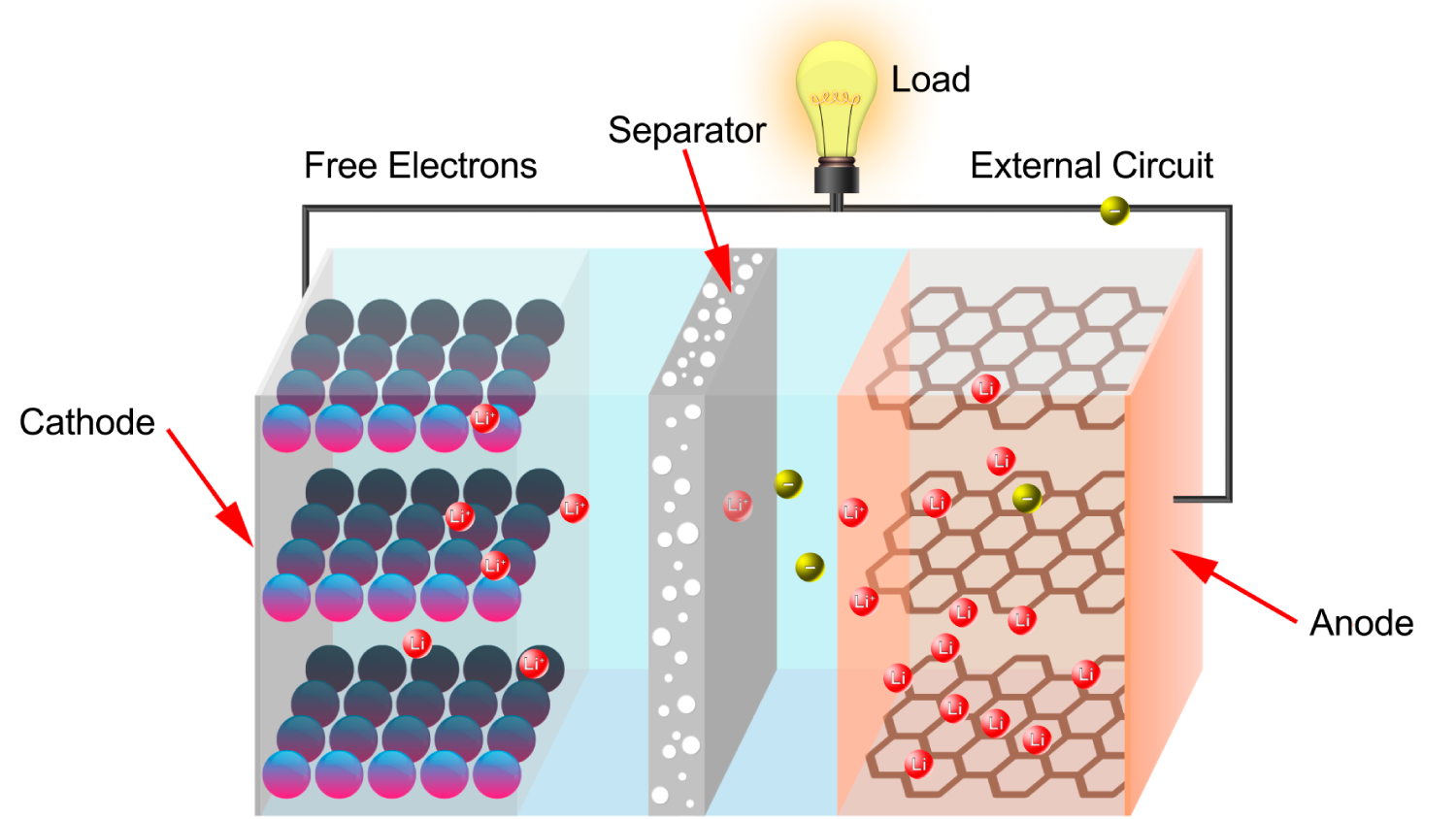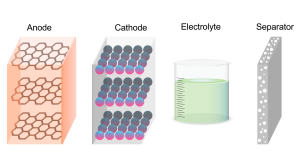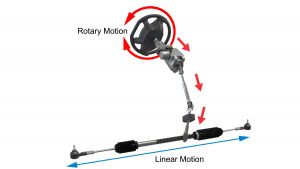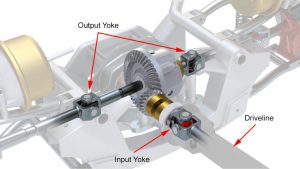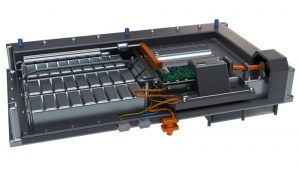Course Description
The THORS Lithium-Ion Battery Materials course discusses the basic components of a lithium-ion battery (LIB), along with the particulars of materials used and key characteristics. The advantages and limitations of each battery material used to make a lithium-ion battery are also covered in detail.
Who will benefit from this Lithium-Ion Battery Materials course?
Design, manufacturing engineering, quality, and purchasing teams in organizations interested in lithium-ion battery materials and its characteristics.
Course Classification
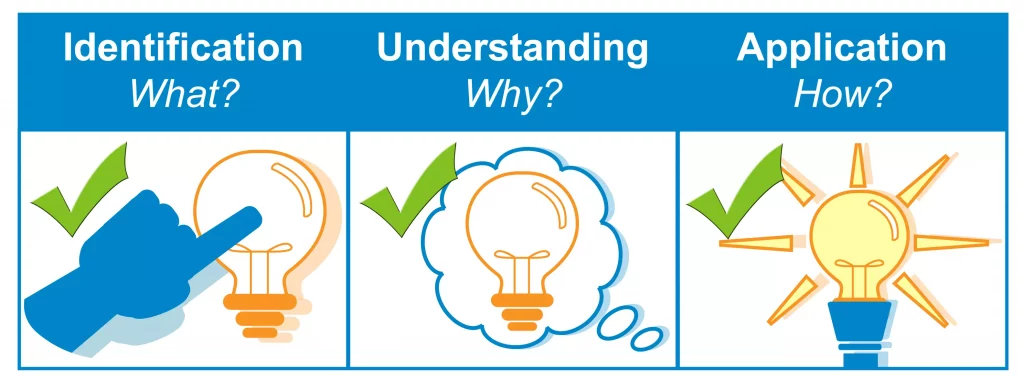
*THORS uses the Bloom’s Taxonomy Methodology for our course development.
Certificate Awarded for Lithium-Ion Battery Materials
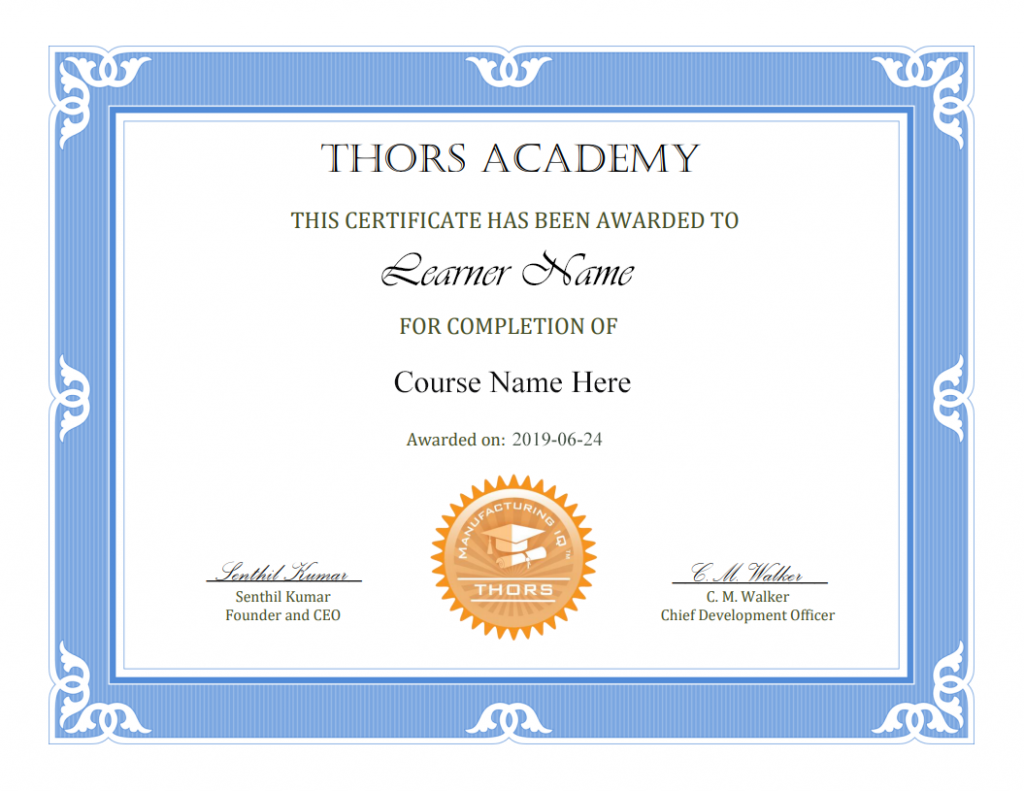
*upon successful completion
Related Posts

How Can THORS Help Enhance Your College Education?
How Can THORS Help Enhance Your College Education? THORS Academy can help enhance your college education in a number of ways. Imagine being in a
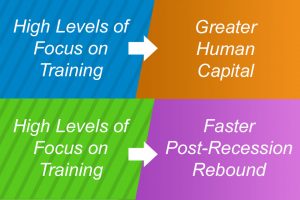
Training Perspective: Looking Back to Look Ahead
Companies are constantly reviewing ways to reduce costs and keep positive margins. During times of economic recession, external pressures from competitors as well as internal pressures

How THORS Courses Helped a Mechatronics Student in Germany
Sasshank is an international student attending University in Germany where he studies mechatronics engineering. He was born in Tamil Nadu, where he attended various schools

